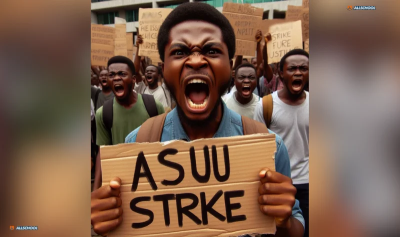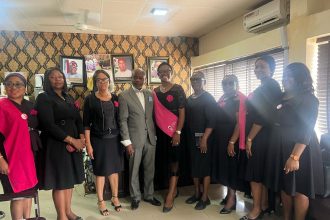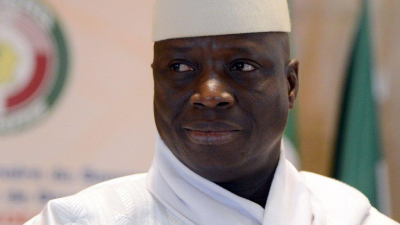The Academic Staff Union of Universities (ASUU), Nsukka Zone, has reiterated its warning to the Federal Government of Nigeria, stating that a fresh strike might be inevitable due to unresolved issues in the university system.
This development follows growing concerns about the government’s failure to address critical demands despite ongoing efforts by the union to avoid further disruptions to academic activities.
In a recent statement, Raphael Amokaha, the Zonal Coordinator of ASUU Nsukka Zone, outlined that the union had remained patient and refrained from industrial action since the suspension of the 2022 strike. Still, the government’s persistent neglect of crucial issues might force ASUU’s hand again.


Key Issues and Demands
ASUU’s central demands include:
- Renegotiation of the 2009 FGN/ASUU Agreement based on the recommendations of the Nimi Briggs Committee.
- Release of salaries withheld during the 2022 strike.
- The Integrated Payroll and Personnel Information System (IPPIS) has affected the payment of salaries to staff on sabbatical, part-time, or adjunct appointments.
- Release of outstanding third-party deductions such as check-off dues and cooperative contributions.
- Increased funding for revitalising public universities as promised in the 2023 federal budget.
- Payment of Earned Academic Allowances.
- Addressing the uncontrolled proliferation of universities by both federal and state governments.
Continuous Neglect by the Government
Amokaha highlighted that since the 2009 FGN/ASUU Agreement, very little has been done to address the deteriorating conditions in Nigeria’s public universities, with many issues surrounding funding, staff welfare, and the quality of education.
He further emphasized that university workers are the only employees in Nigeria who have not had a salary review in over 15 years, which has deeply affected their morale and well-being.
Potential Strike Looming
ASUU’s leadership cautioned that unless the Federal Government demonstrates sincerity and commitment to resolving these issues, the union will have no option but to resume industrial action. Amokaha underscored that the blame for any forthcoming strike will rest squarely on the government if it fails to act promptly.

ASUU continues to stress that the ongoing crisis in Nigeria’s university system is not just an internal problem for university staff but a national issue affecting the future of the country’s education sector.
The situation remains tense, and the Federal Government’s next steps will likely determine whether or not ASUU embarks on another round of strikes, which could further disrupt Nigeria’s already fragile higher education landscape.









